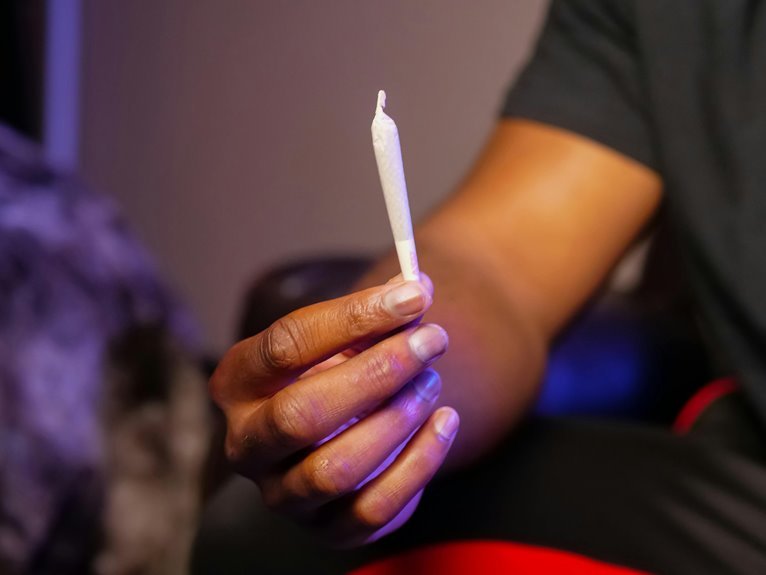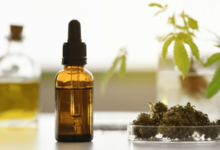Does Cbd Show up on a Drug Screen

The question of whether CBD shows up on drug screens is nuanced. CBD itself is not typically detected in standard tests, which focus on THC and illegal substances. However, full-spectrum CBD products may contain trace amounts of THC, posing a risk for positive test results. Understanding the distinctions between CBD types is crucial for users concerned about drug screenings. What other factors should one consider when choosing a CBD product?
Understanding CBD and THC: The Key Differences
Although both CBD (cannabidiol) and THC (tetrahydrocannabinol) are cannabinoids derived from the cannabis plant, they exhibit distinct differences in their effects and legal status.
CBD benefits include anti-inflammatory properties and anxiety reduction, making it popular for wellness.
In contrast, THC effects are psychoactive, often inducing euphoria but also potential anxiety.
These differences influence their legal regulations and consumer choices.
How Drug Tests Work: What They Screen For
Drug tests are designed to detect specific substances in a person's system, primarily focusing on illegal drugs and certain prescription medications.
Various drug test types, including urine, blood, and hair tests, assess the presence of these substances.
Detection windows vary based on the drug, testing method, and individual metabolism, influencing the likelihood of a positive result for substances like THC.
The Risk of Contamination: Full-Spectrum vs. Isolate Products
Many consumers may not realize that the type of CBD product they choose can significantly impact the risk of contamination with THC.
Full-spectrum products carry inherent full spectrum risks due to their inclusion of various cannabinoids, potentially leading to positive drug tests.
In contrast, isolate products offer advantages by containing pure CBD, minimizing the likelihood of THC exposure and ensuring a clearer path for users concerned about drug screenings.
Tips for CBD Users: Staying Safe and Informed
Understanding the distinctions between full-spectrum and isolate CBD products is vital for users concerned about drug screenings.
Adhering to recommended CBD dosage can help minimize risks of testing positive. Additionally, users should stay informed about legal considerations regarding CBD use in their region.
Regularly reviewing product labels and sourcing from reputable manufacturers can further enhance safety and awareness in CBD consumption.
Conclusion
In conclusion, while CBD itself is unlikely to trigger a positive drug test, the presence of trace THC in full-spectrum products introduces a potential risk that users must navigate carefully. As the landscape of CBD regulation evolves, the stakes are high for those relying on these products. Therefore, understanding the nuances between different types of CBD and remaining vigilant about product choices is crucial. The question remains: will you take the risk, or will you opt for the safer path?





